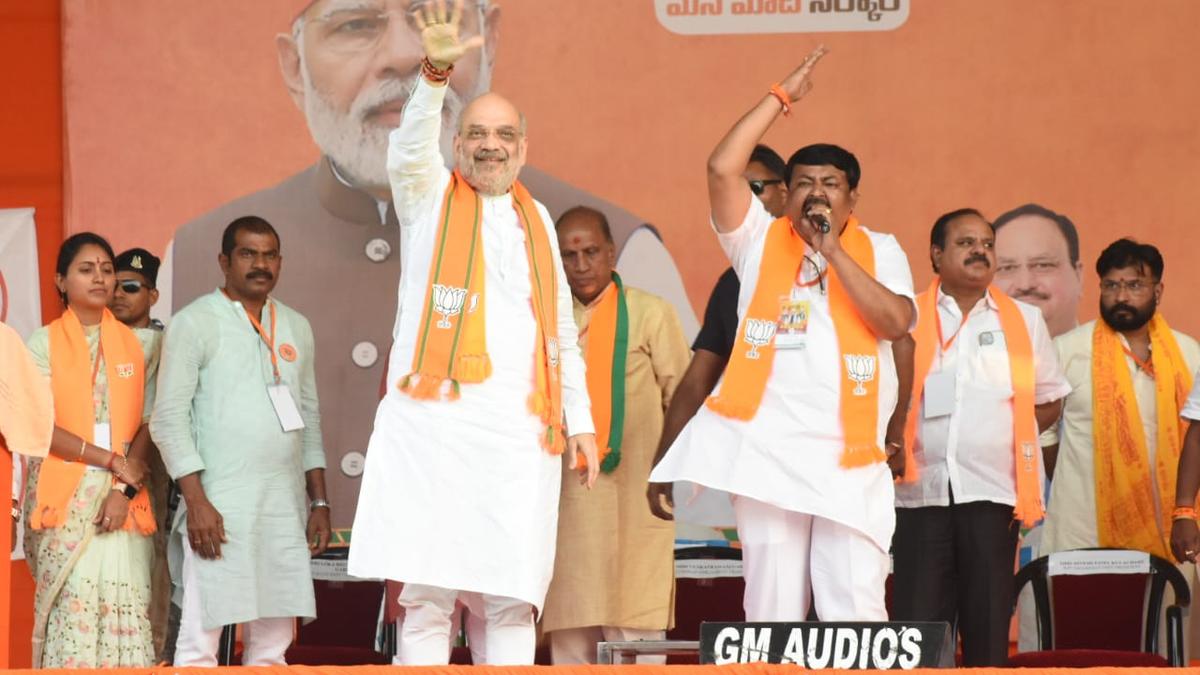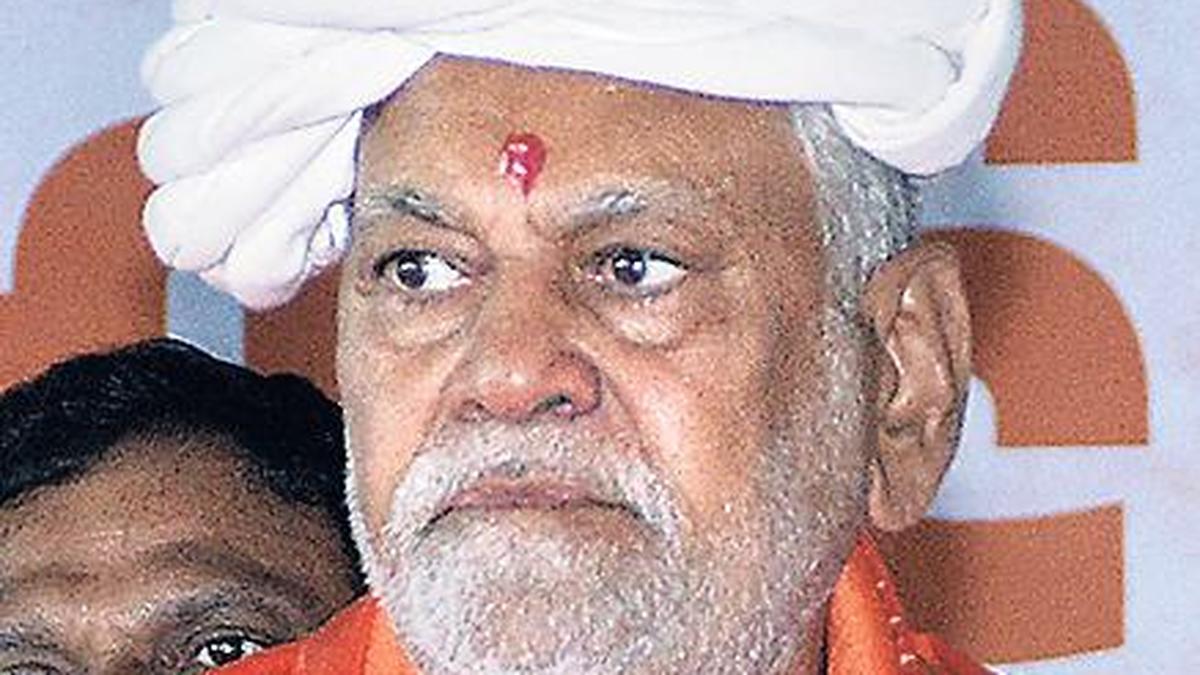Three seats in north Bengal — Darjeeling, Raiganj and Balurghat — will go to the polls during the second phase of the Lok Sabha election in West Bengal on April 26. The three key constituencies went to the BJP in 2019.
This time, the election has thrown open an interesting contest with political heavyweights squaring off. In Balurghat, State BJP president Sukanta Majumdar is taking on State Minister and Trinamool Congress leader Biplab Mitra. The BJP’s Raju Bista is contesting from Darjeeling which has emerged as a three-cornered contest with the Congress fielding academic Munish Tamang, who has the support of local Hamro Party, and the Trinamool choosing former bureaucrat Gopal Lama. A BJP MLA from Kurseong, Bishnu Pada Sharma, has decided to contest the election as an independent candidate in protest of the nomination of Mr. Bista who according to him is not a ‘Bhumiputra’ (son of soil)’.

Since 2009, Darjeeling has been electing BJP MPs to the Lok Sabha and the seat is considered safe for the saffron party. In the 2019 Lok Sabha election, Mr. Bista won by a margin of more than four lakh votes. This is also the first time the CPI(M)-led Left Front has not fielded a candidate from Darjeeling, the birthplace of the Naxalbari movement.
For the past four decades, politics in the Darjeeling hills has centered around the demand for the separate state of Gorkhaland. While the BJP in the past had promised a permanent political solution to the demands raised by the Gorkha population, the party’s manifesto this year is silent on the issue.
Prime Minister Narendra Modi and Home Minister Amit Shah, during the election campaign, have assured that they are close to finding a solution to the issues faced by the Gorkhas, and it will be within the ambit of the Constitution. The Opposition parties have alleged that the BJP leadership was paying a lip service to the Gorkha population and has done nothing for the people of Darjeeling, despite voters choosing the BJP.

While the politics of identity has dominated the discourse in Darjeeling, over the past few years, the tea industry has been plagued by low production and closure of gardens. Rising cost of production, low yield and threats of climate change pose a threat to the famed Darjeeling tea. The Darjeeling Lok Sabha constituency comprises Darjeeling, Kalimpong and Kurseong in the hills and Matigara-Naxalbari, Siliguri, Phansidewa and Chopra in the foothills. The strategically important Siliguri corridor, which shares borders with Nepal and Bangladesh and is very close to Bhutan and China, falls in this constituency.
The constituencies of Balurghat in Dakshin Dinajpur and Raiganj in Uttar Dinajpur are located just below the strategic Siliguri corridor and are crucial to connectivity of the rest of the country with the Northeast.
Connectivity and healthcare are key electoral issues in Balurghat and Raiganj. Mr. Majumdar, the sitting BJP MP of Balurghat, has been harping on the improvement of railway network in the constituency bordering Bangladesh. At Raiganj, the long pending demand of an AIIMS has been raised by the BJP and the Congress leadership. AIIMS was shifted to south Bengal because the Trinamool Congress government cited non-availability of land in Raiganj.

Raiganj, which borders Bihar on one side and Bangladesh on the other, is poised for a triangular contest among Trinamool’s Krishna Kalyani, the BJP’s Kartick Pal and Congress nominee Ali Imran Ramz. Mr. Kalyani had won the Raiganj Assembly seat on a BJP ticket in 2021 but later shifted to the Trinamool. The BJP had replaced the sitting Raiganj MP Debasree Chaudhuri with Mr. Pal. Mr. Ramz was earlier elected to the Assembly from Chakulia on an All India Forward Bloc ticket.
The Election Commission plans to deploy more central forces in the second phase of polling. About 299 companies, 30 more than those on ground in the first phase, will stand vigil across the three Lok Sabha constituencies.

 1 week ago
99
1 week ago
99



